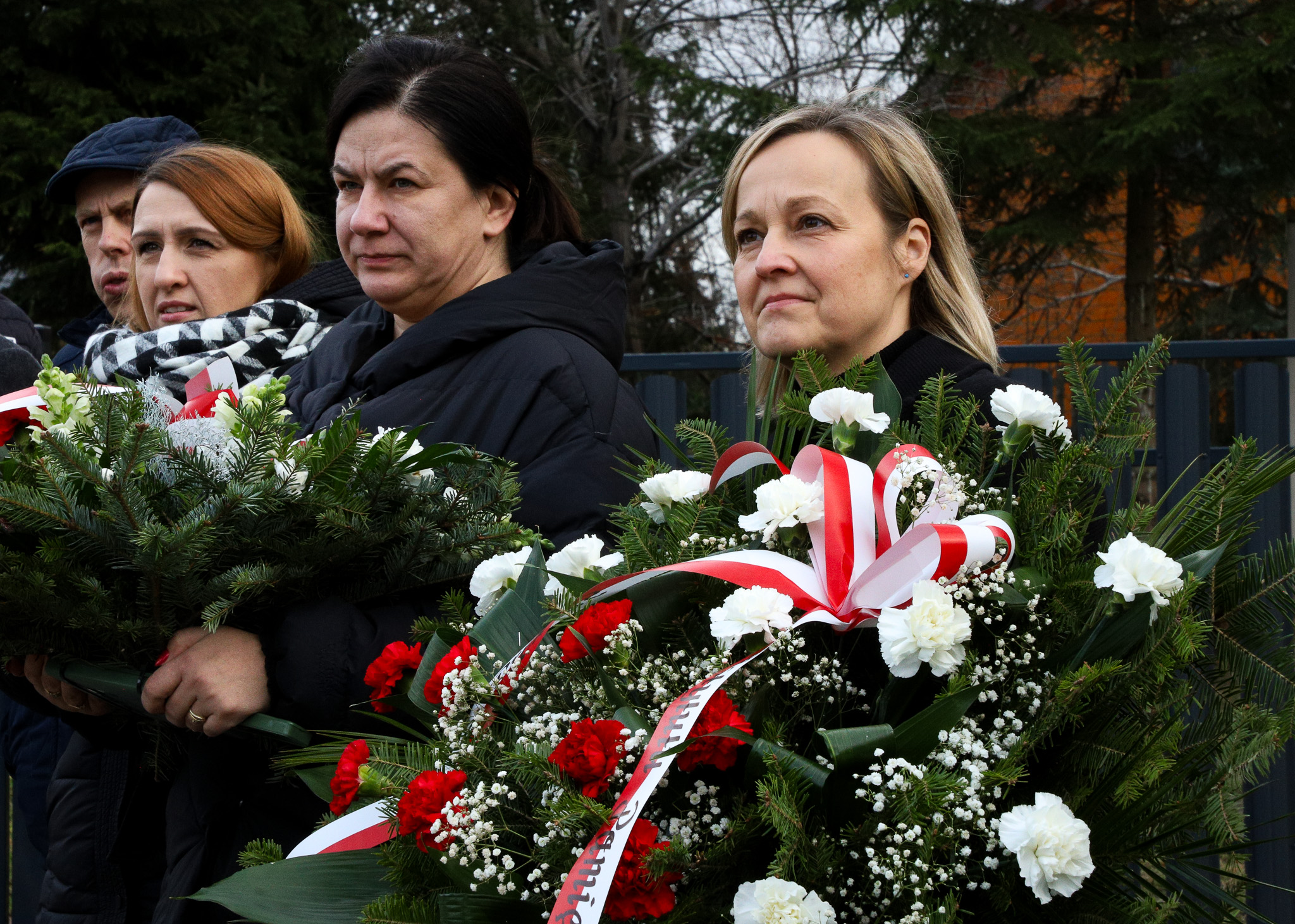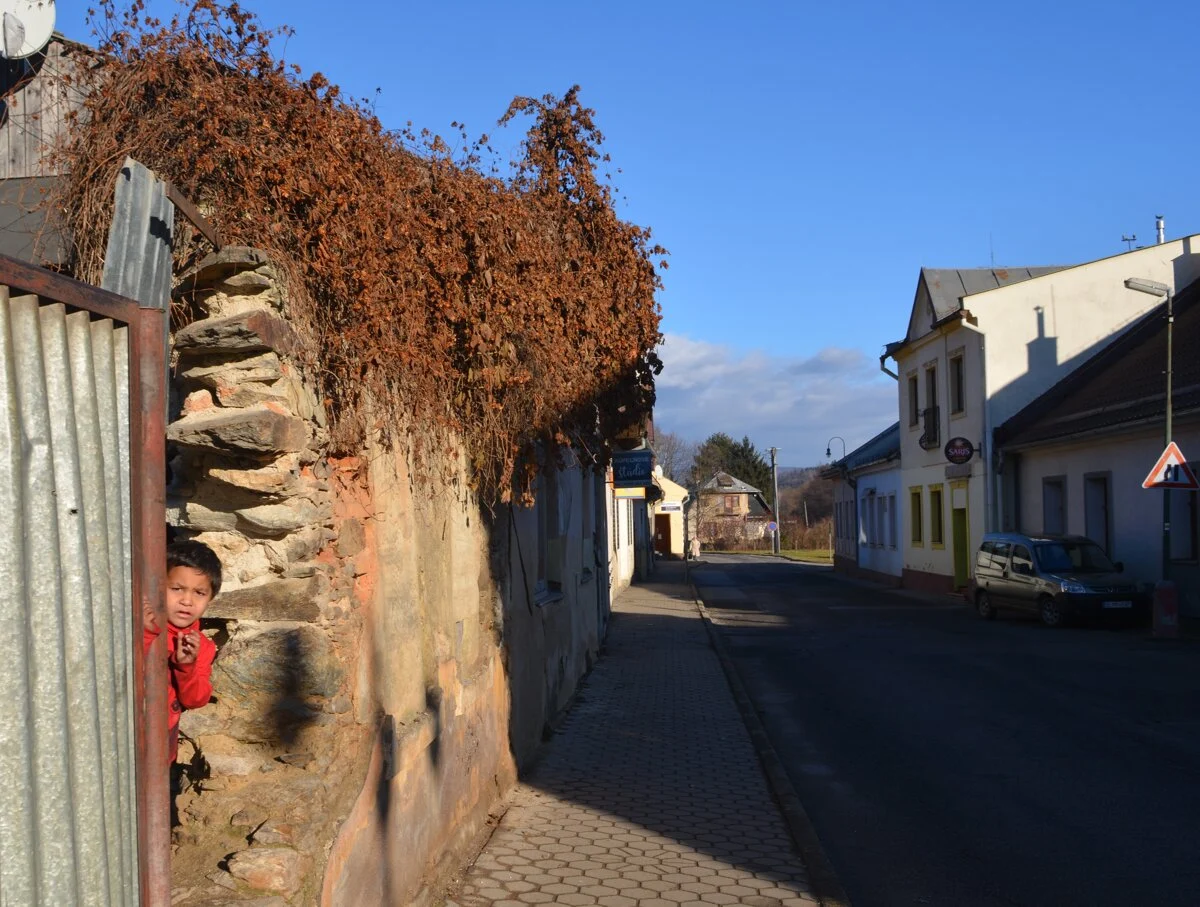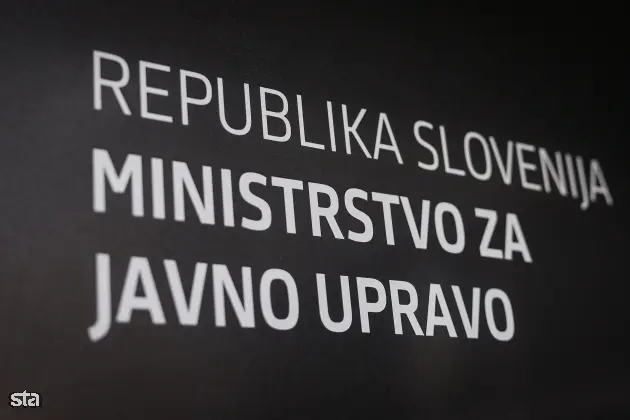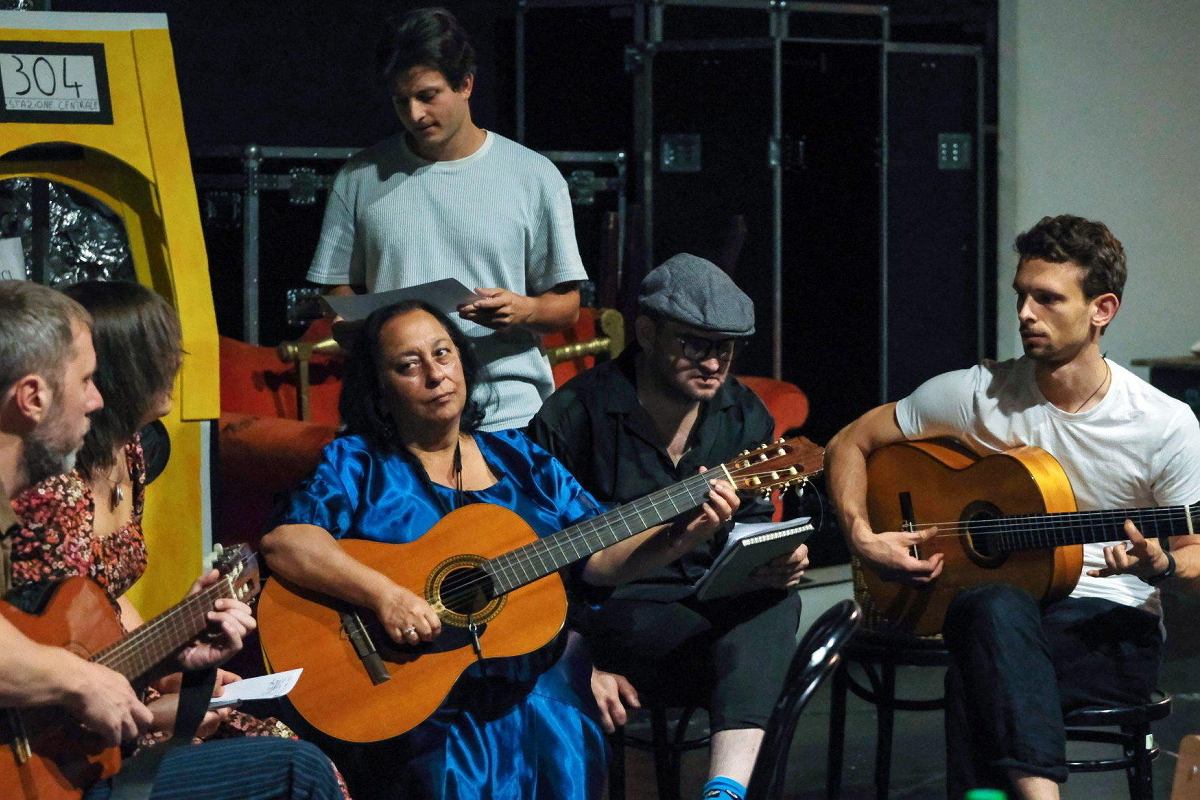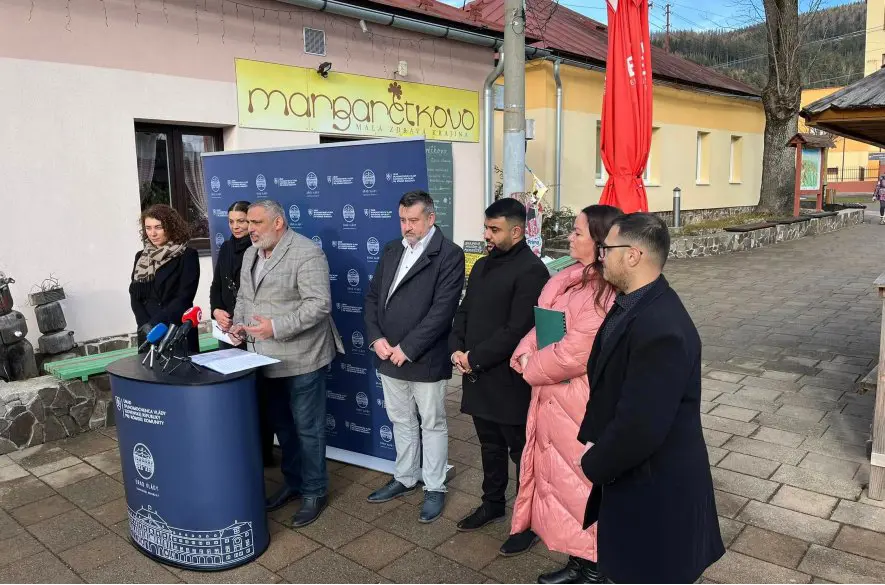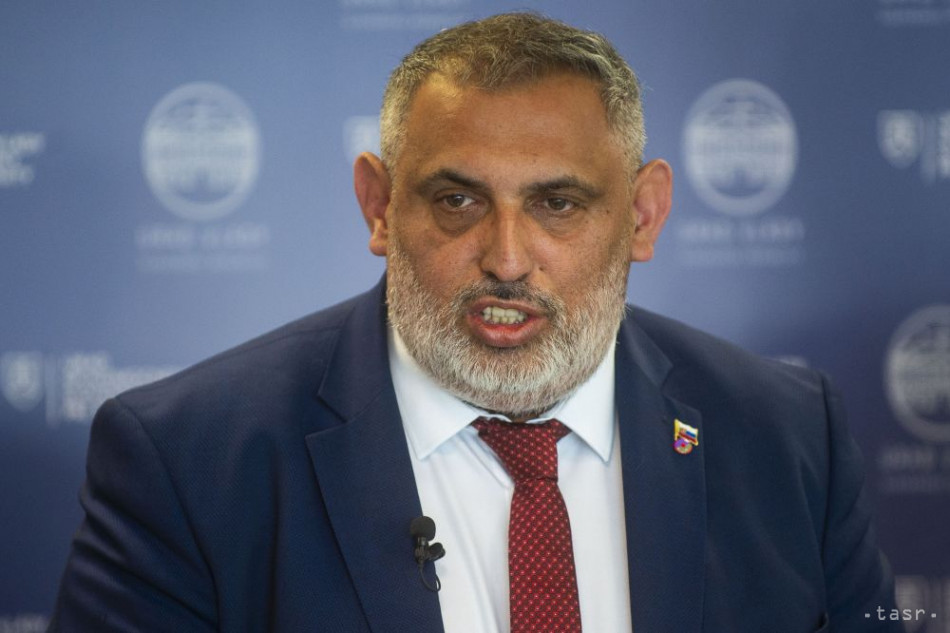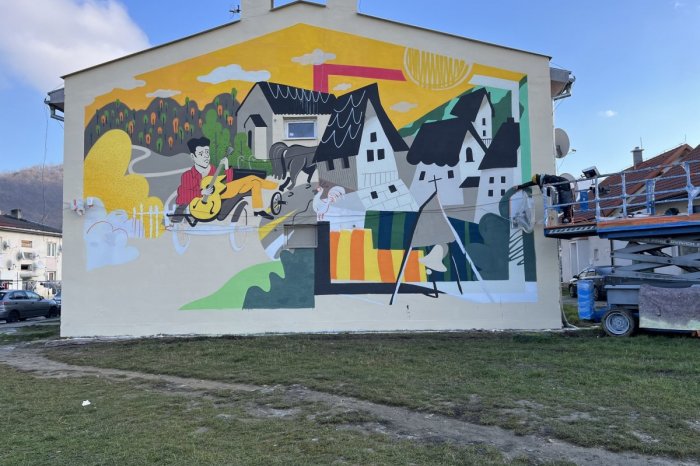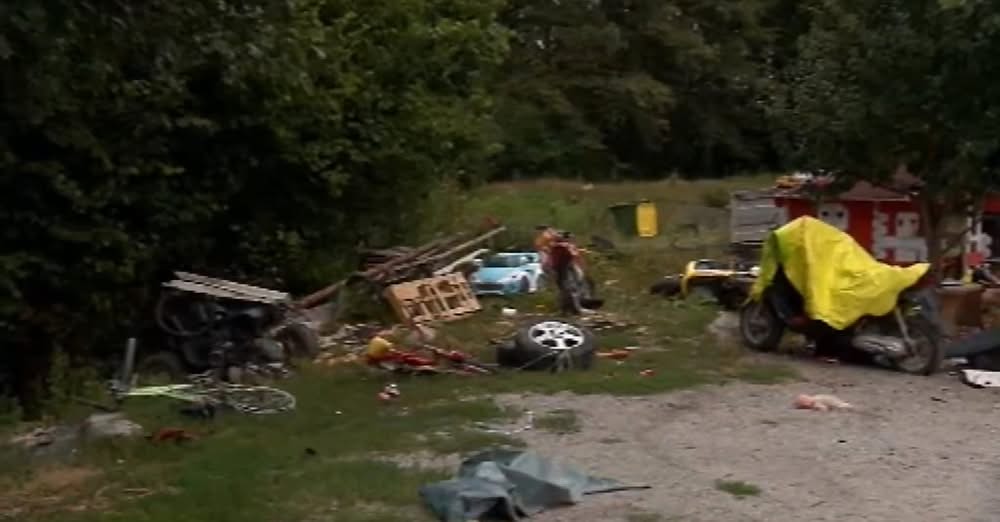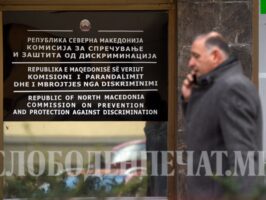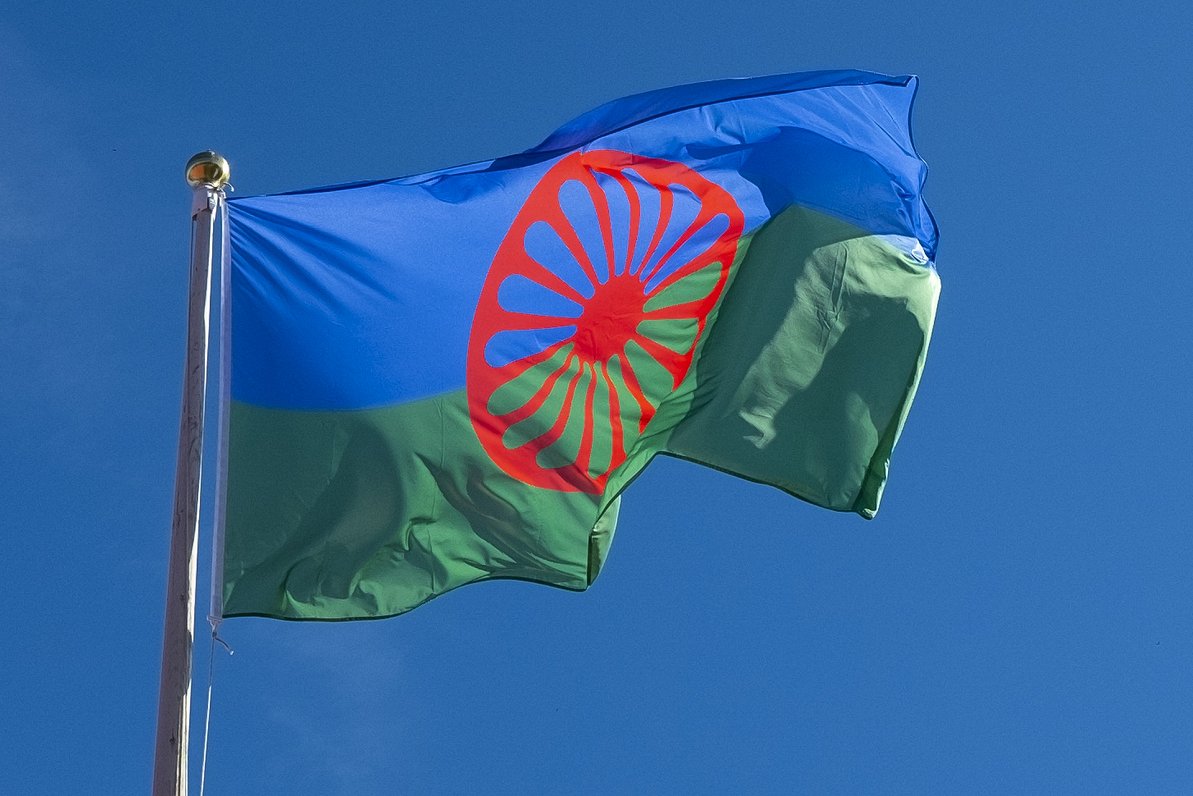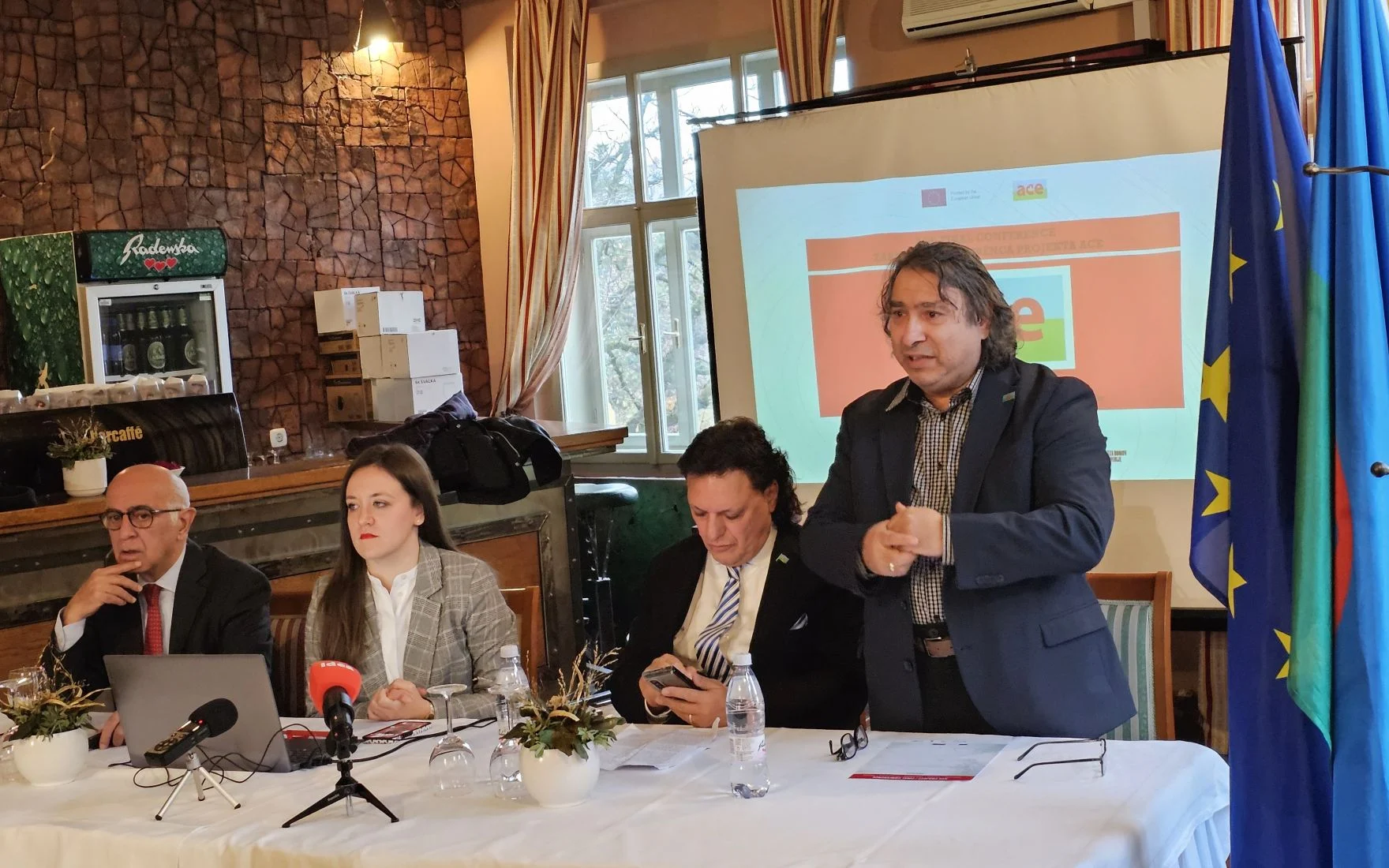The Czech parliament adopted the IHRA non-binding definition of antigyspyism. Now, a charter against Antigypsyism is being created in the Czech Republic. Those who can sign up include firms, local governments, nonprofit organizations, public authorities and schools. This proposal is pushed by the Czech Govt Commissioner for Roma Minority Affairs Fuková, but the Czech official Ombudsman Stanislav Křeček, not all negative behaviour toward Roman can be considered antigypsyism. As an example, he mentioned the case of the doctor in Aš who refused to register Romani patients. Well that one was definitely racist …
- Czech Govt Commissioner for Roma Minority Affairs Fuková introduces Charter against Antigypsyism, is the ombudsman on board? In: Romea. 17.12.2024. https://romea.cz/en/czech-republic/czech-govt-commissioner-for-roma-minority-affairs-fukova-introduces-charter-against-antigypsyism-is-the-ombudsman-on-board

